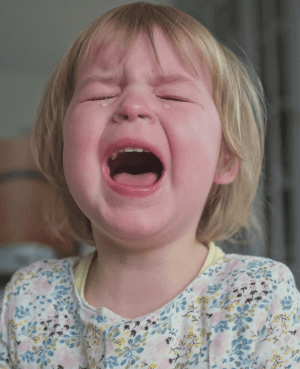Welcome to
the blog!
If you’re looking for practical ways to build emotional regulation skills while bringing more joy and connection into your family’s life, this episode is filled with actionable insights to get you started!
read the full post ⟶

featured post

Discover practical strategies to help you navigate the challenges of parenthood while fostering a healthier connection with your children.
keep reading ⟶

Learn how to use age-appropriate positive parenting approaches with your child as they mature and grow.
keep reading ⟶

By what age should kids stop tantruming and what are the red flags to look out for that they may need more support.